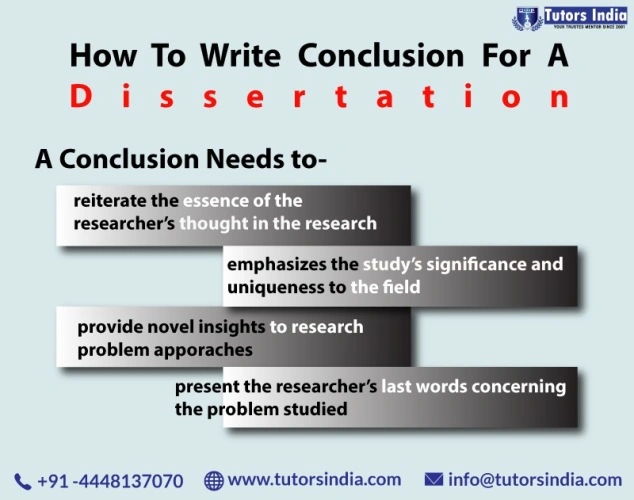How To Write A Thesis Conclusion For Biological Life Science?
A thesis is the most integral part of a research, for it is the compilation of your years of hard work. It is a great learning process for the students for they understand how to analyze their work critically and compile it into a dissertation. Despite the task being a learning process, most people find it overwhelming considering the amount of labour involved. A thesis entails many chapters and writing the conclusion is the most significant task of all. This article gives you tips on how to write your conclusion chapter.

Why Do We Need A Conclusion Chapter?
Most people view introduction and conclusion as the insignificant parts of a dissertation. But, trust me when I say they are the two chapters that readers remember the most. So, make it interesting for your readers. A conclusion is more or less like a climax scene in a movie. It helps your reader determine their level of satisfaction with your work and gives them an idea of whether or not your dissertation has accomplished its purpose. Most readers will not read the entire thesis; instead, try to note down important points from your conclusion for it entails the summary of every chapter of your thesis. So, make it worthwhile for them.
Things To Remember When You Write A Conclusion:
The task of writing a conclusion is somewhat laborious, so most people run out of words towards the end of a thesis and are intended to finish the thesis with a sub-par conclusion somehow.
- Since it is your study, take full liberty to be subjective and put down your thoughts about the study. But, make sure you don’t force your opinion on your readers.
- Accept the fact that every thesis has limitations and do not shy away from adding it in your thesis.
- The primary purpose of a study is to provide answers to every question raised, so make sure you do not leave your readers hanging or give them neutral responses.
- In a bid to make your conclusion interesting, do not go off the track or take a new path, altogether. Just stick to summarising your content.
- Be careful with grammar and tenses. Go for Present Perfect or Simple Past, and avoid spelling mistakes.
- One of the common mistakes that most researchers do is ruining their conclusion by repeating content. Use your conclusion chapter only to summarise.
- A reader often finds a thesis too dull or formal, for it is filled with jargons. So, channel your inner writer and make your conclusion as creative and interactive as possible, so that the readers can find some relation with it.
- Don’t go for the clichés for it makes your thesis dull or blunt. Make it as natural and professional as you can.
- Your conclusion should contain the result of your thesis, so back your result with logical explanations and do not pick sides.
- Never apologize or use sentences in your thesis, suggesting you’re not an expert or that people can view your findings as a suggestion for it belittles your work.
Online Biology Dissertation Help | PhD Topics In Life Science | Dissertation For Biological Life Science

 Next Post
Next Post